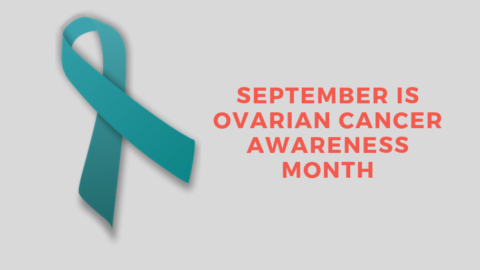SOPHE opposes reducing requirements for qualified school health education instructors
WASHINGTON, D.C. – The New York State Education Department is calling for public comment on its proposal to reduce the state’s strong requirements of those qualified to teach health education in schools. The proposal, published in the New York State Register, would allow those who do not meet teacher education standards to provide health instruction by creating a Transitional K teaching certificate. Healthcare providers such as physician assistants and registered nurses would be allowed to teach health education curricula, although they have not completed foundational education courses.
“While healthcare providers have scientific training in health and disease, they are not professionally prepared to teach health education in schools,” says Dr. David Birch, immediate past president of the Society for Public Health Education (SOPHE). “Given the importance of health education in addressing many of today’s pressing student health issues such as opioid use, mental and emotional health, and the impact of community and school violence, we must be sure that our health teachers have the formal preparation and academic grounding – just as we would expect for other subjects such as math and science.”
Research clearly indicates that healthy students are more likely to be academically successful. School-based health educators lead and promote healthy policies and practices that influence the educational attainment of all students and subsequent health behaviors over the life course. This comprehensive approach to school health is supported by the Whole School, Whole Community, Whole Child (WSCC) model, developed by the U.S. Centers for Disease Control and Prevention (CDC) and ASCD, with input from SOPHE.
New York State must be commended for its commitment to health education in schools, but the current or “traditional” pathway to obtain teaching certification should be maintained, including teacher education courses that focus on the health needs of students, the implementation of effective instructional methods, and meaningful student assessments.
Rather than weakening high standards for school health educators, all education departments and schools should advocate for student and teacher resources that support safe and healthy schools. More than $1.1B was appropriated in 2018 under ESSA Title IV, Part A for Student Support and Academic Enrichment Grants, including the provision of health education curricula in schools. When schools invest in diverse academic programs, health and safety programs, and modern technology, they not only help students academically, but they increase the potential of their health education instructors.
To learn more about the proposed regulation’s impact on health education or to submit comments to the New York State Register, view SOPHE’s sample comment.
###
Contact: Cicily Hampton, PhD, MPA, Senior Director, Health Science & Policy | 202.408.9804 | CH******@***HE.org

